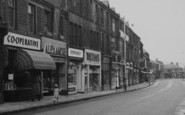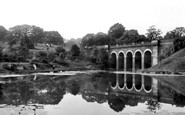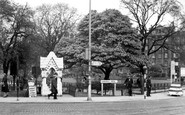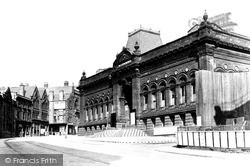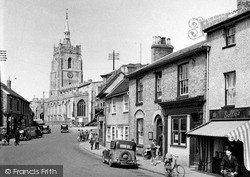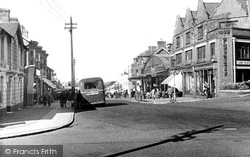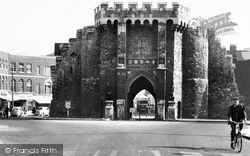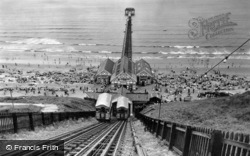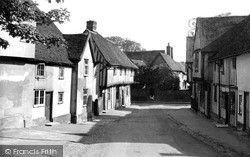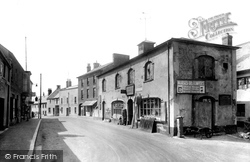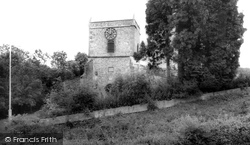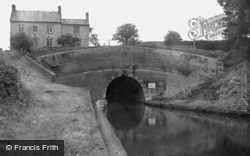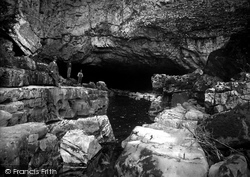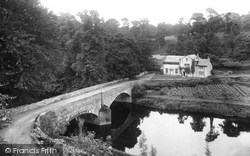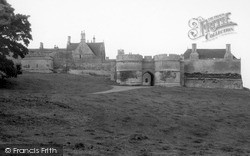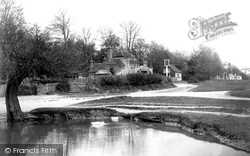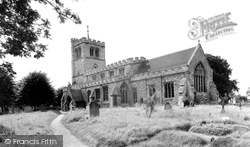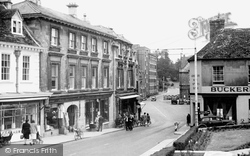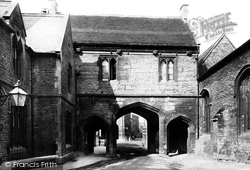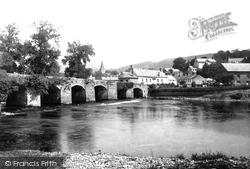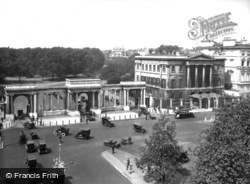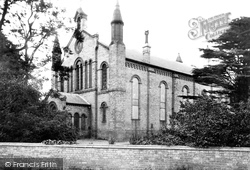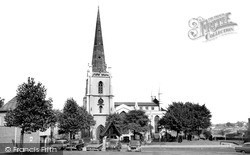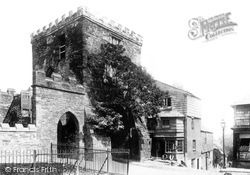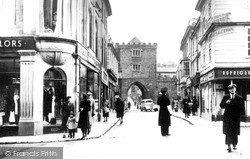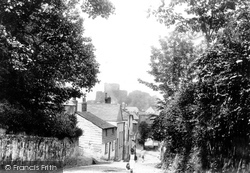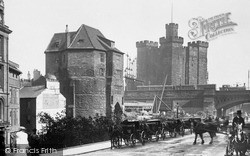Places
Sorry, no places were found that related to your search.
Photos
5 photos found. Showing results 421 to 5.
Maps
83 maps found.
Books
Sorry, no books were found that related to your search.
Memories
1,127 memories found. Showing results 211 to 220.
Derwent Hotel 1970s
I worked at the Derwent hotel in 1973 & 1974. I came from Sheffield with a friend to work the season but ended up working 2 seasons. It was then owned by Mr Morel & the manager was Mr Sorrentino. It was a great hotel to ...Read more
A memory of Torquay by
Dewhurst Butchers
Dewhurst Butchers By Donald Jay. I started Butchering at the age of 12 in a local butcher on Colne road in Burnley called Harrison Brothers. When I left school at 14 I went to work at J H Dewhursts in Scotland Road Nelson. I ...Read more
A memory of Nelson by
Dick Turpin
I lived in Hampstead from 1937-1941. Just before the war started my cousins and I used to play for many hours on Hampstead Heath One of our favourite spots was the Viaduct and Pond. We were very wary of entering the arch on the far ...Read more
A memory of Hampstead by
Did You Work At The Co Op Or Woolwich Market
Hi all, I'm doing an oral history project about local industries. I would really like to get in touch with people who worked in Woolwich Market or the Co-op stores. Any ideas much ...Read more
A memory of Woolwich
Did You Know That California Is Actually In Winlaton Up The Hill From Blaydon
Joe and Elsie Boyd had a house built in California, which is a road in Winlaton. At that time California was a mud track and it never did become California Road or Lane ...Read more
A memory of Blaydon in 1930
Does Anyone Know?
I used to live in West Thurrock and go to Aveley School after West Thurrock Infants, I was in Thurrock for many years. What I want to know is can anyone remember what we used to call 'bug alley', most of my play days was ...Read more
A memory of West Thurrock by
Doon The Brae In 1950
When my family moved here I was only 7 and there was only a cottage on the left at bottom of Brae and a row of four terraced houses on the left, they were holiday homes for my grandmother and her sisters. We lived there with ...Read more
A memory of Mid Calder by
Down Grove Lane Along Church Street To 'the Green' And Then Up Denmark Hill
I lived in Camberwell from 1944 until when I married in 1964. There remains a small terrace of seven houses in Grove Lane called ‘Grove Lane Terrace’; they were built in the ...Read more
A memory of Camberwell by
Down Memory Lane
I was born in Nottingham and came to live in Gateshead when I was 4 years old. My mother was in the W.R.A.C and met my father when she was stationed down there. He was a Waiter in the Crown Hotel in Bawtry and was originally ...Read more
A memory of Gateshead by
Downes Family
Does anyone recall any of the Downes family who lived in Dodds Road? My grandad was Tommy Downes and his siblings were Isabel (Bella), Flo, Olive, Syd, Maud, Jim and Kate (possibly others). My great-grandparents were Albert and ...Read more
A memory of Attleborough by
Captions
1,233 captions found. Showing results 505 to 528.
This imposing Italianate building, with its lofty round-arched windows, was built by Cuthbert Brodrick in the late 1860s. It later became the Civic Theatre.
On the right, the Royal Oak, the shop with the arched door and window, and the building nearest the camera, here Dolly's sweet shop, all remain.
The arched- roofed building on the right-hand side is the site previously used by the Coventry Motor Works, but by the 1950s it was one of several sites used by Caffyns, the countrywide
Over the years it has been a toll-gate, prison, guildhall and museum.The original Norman arch dates back to about 1175, and the tower was added a century later.The upper floor used to be the guildhall
Using water ballast to operate it, it still works today, making the journey between town and beach a much easier one. The pier opened in 1869, and was originally 1500ft long.
On the left is a high-quality Tudor house, with arched windows for a shop at the far end. Opposite is the 15th-century Wool Hall, originally the Guild of Our Lady, with an open hall and cross-wings.
At the centre of the town is the old Market House with its shallow arched openings and weather-vaned bellcote.
The choir arch and several nave bays carry remnants of Medieval paintings. The tower of 1756 records churchwardens and masons.
This view is of the east portal to the tunnel - it looks like any other canal bridge apart from the rusticated arch into the blackness.
The three men just visible under the limestone arch give a Lilliputian perspective to the scene.
This strong two-arched stone bridge spans the River Ribble at Gisburn. Note the two farm carts with shafts designed for sturdy horses to the right of the yeoman farmer's dwelling.
Although relatively little of the medieval castle remains, the highlight is undoubtedly the late 13th-century gatehouse with the arched gateway flanked by massive drum towers.
Away to the right are the south lodges to Moor Park, a pair of small lodges linked by a Tuscan Doric arch. From this viewpoint these are now hidden by young oaks.
Although the parish register dates from 1538, the style, decoration and monumental devices within the church indicate a much earlier presence - at least in the 14th century, since there are brasses commemorating
Next to the arch is Tim Henly, gents' outfitters, and Phillips Bros, house furnishers at Nos 5 & 7.
The left- hand or south pedestrian arch was inserted in 1865, and the building on the left was part of the police station, built in 1865 and demolished in 1964 for the present (very 1960s) Abbey
It is a curious fact that the side shown in the picture has thirteen arches, whilst the other side has one fewer.
To the right of the arch is Apsley House, one of only two or three of Piccadilly’s great houses to survive. Known popularly as ‘Number One, London’, it was built by Robert Adam in the 1770s.
Its neo- Norman style - complete with round-headed arches and corbel tables - was very much of its time. The triangle beneath the bellcote symbolizes the Trinity itself.
The most unusual feature of St Matthew's is an arched passageway underneath the chancel.
The sycamore tree was cut down amid great hue and cry in 1953 because it was thought to be damaging the arch.
The earlier picture shows little traffic bar the donkey cart, but the advent of the car meant that by 1949 a traffic warden was needed to control traffic through the arch.
The Plymouth and Devonport Inn, whose sign can just be seen to the right of the arch, is now the Newmarket.
The house on the top of the gate is a much later addition. So are the corner turrets and battlements of the keep, which were added in 1812.
Places (0)
Photos (5)
Memories (1127)
Books (0)
Maps (83)

